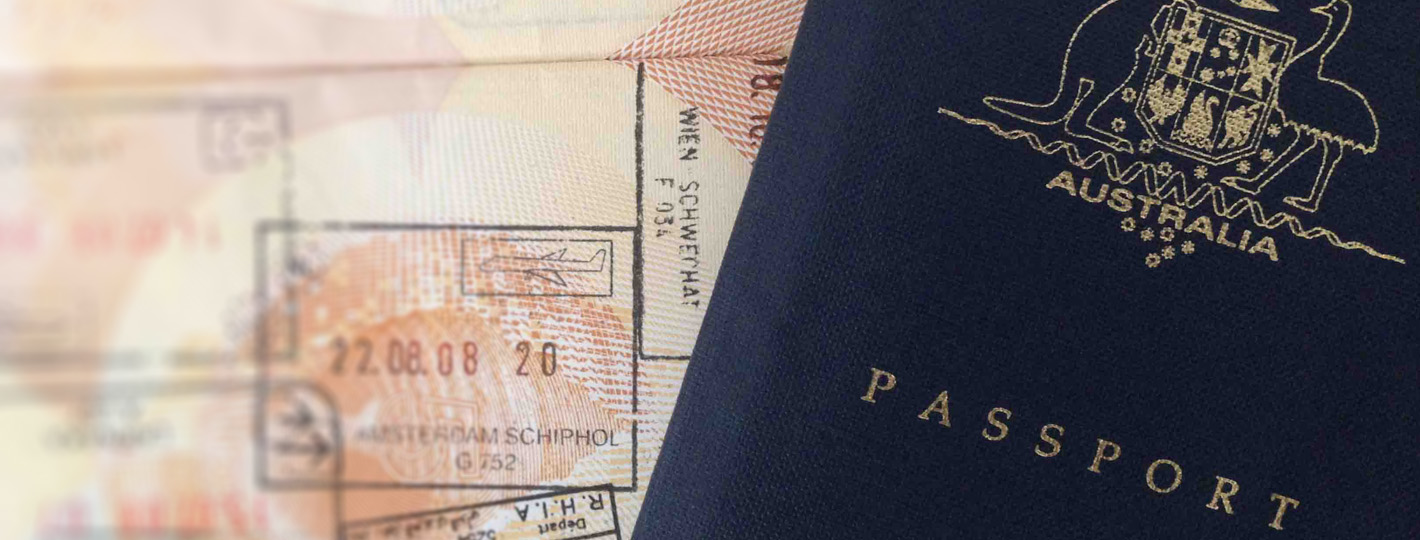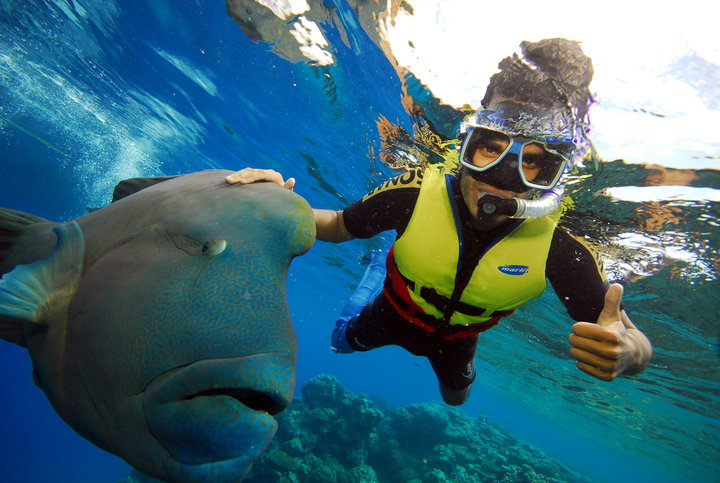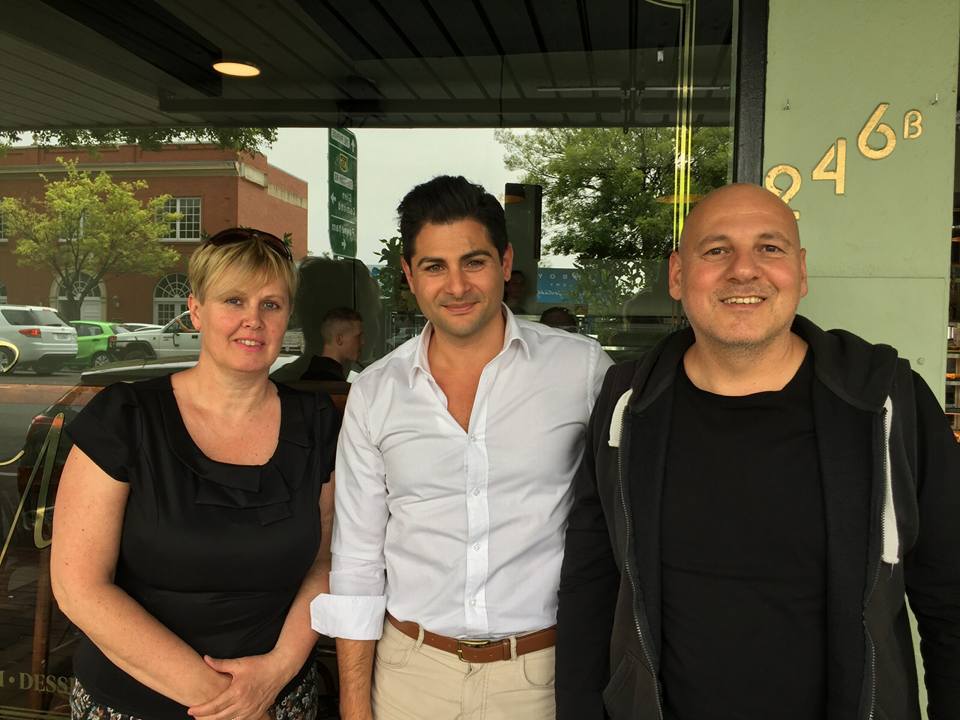Prime Minister Malcolm Turnbull announced Australia’s visas in December as part of more than 20 measures in an ambitious A$1.1 billion (574 million pounds) plan to boost innovation and spark an “ideas boom”.
Its incentives include reductions in the capital gains tax for startups, generous income tax rebates for retail investors, and changes to bankruptcy laws to encourage more risk-taking by entrepreneurs. Subsequently, the new Supporting Innovation through Visas measures was introduced on 10th September 2016.
Entrepreneur visa criteria
The Entrepreneur visa will be part of the Business Innovation and Investment visa programme. Entrepreneurs and start-ups interested in applying for the Entrepreneur visa will need to submit an Expression of Interest (EOI) in SkillSelect and be nominated by a State or Territory government.
Key eligibility criteria include:
o Applicants must be undertaking, or proposing to undertake, an entrepreneurial venture in Australia.
o The entrepreneurial venture must not be related to residential real estate or labour hire or involve purchasing an existing business or franchise.
o Applicants must also be under 55 years of age, have a competent level of English, and have at least 30% interest in their entrepreneurial venture.
o There must be one or more funding agreements in place for at least $200,000 between the entrepreneur or venture and a third party funding body or bodies.
o Sources of third party funding are limited to state and territory governments, Commonwealth agencies, Publicly Funded Research Organisations, and investors registered as a Venture Capital Limited Partnerships (VCLP) or Early Stage Venture Capital Limited Partnerships (ESVCLP). Agreements outlining funds from a combination of these sources are also acceptable.
o Applicants must have a business plan outlining their plans for their venture in Australia.
An Entrepreneur visa holder can progress to permanent residency after four years if they can meet a measure of success, which includes factors such as business turnover, employment of Australians and ability to obtain significant financial backing.
A 2016 Global Entrepreneurship Index (GEI) ranked Australia 3rd, amongst the most entrepreneurial countries. Top regional leaders included the United States in North America, in the Asia-Pacific region, Denmark in Europe, Chile in South and Central America/the Caribbean, and South Africa in Sub-Saharan Africa.
The report looked at GDP, income equality, economic freedom and peace. The most correlation was found between the entrepreneurial ecosystem rankings measured against digital evolution and environmental performance factors.
The United States topped the rankings again this year, with a GEI score of 86.2. Canada placed second (79.5) and Australia came in third (78.0), and was first in the Asia-Pacific region. The top 10 countries for 2016 show a pattern similar to last year’s – they are high-income and mostly European nations. Australia was followed by (in order) Denmark, Sweden, Taiwan, Iceland, Switzerland, the United Kingdom and France.
The United Kingdom fell in ranking this year, moving from fourth to ninth place. This was primarily driven by declines in four individual level variables over a three year period – education level among entrepreneurs, competitors, new products and exports. Because the scores in the highest range are so close, small changes in score from one year to the next can produce a relatively large shift in ranks among the top 10.
The impact of the UK’s exit from the EU is wide-ranging directly and indirectly touching many aspects of your business, in the UK and elsewhere.
Thames Migration has assisted many UK and European companies over the years to set up in Australia. We work to understand your business needs and priorities, and to assess the most suitable visa strategy for the shift in your valued human capital.
To learn more about the Australian Entrepreneur Visa or determine if your company may qualify, please contact us on 02089960120 or complete our online form.




